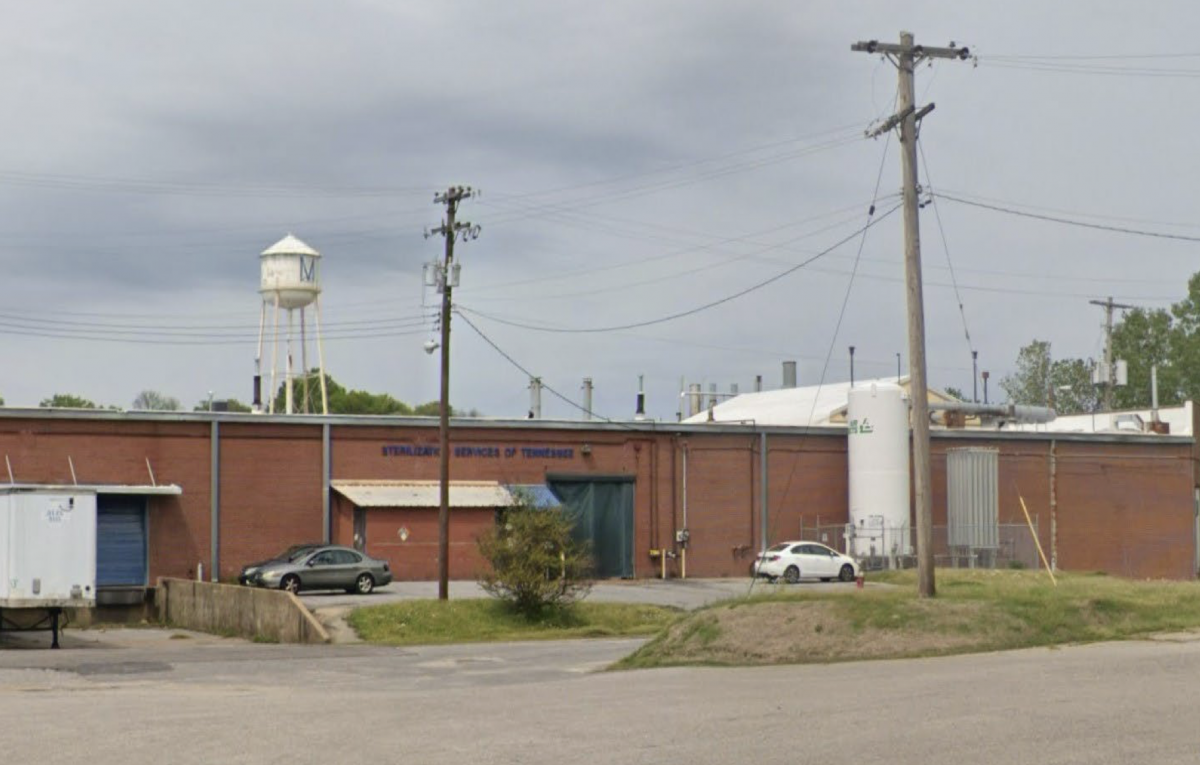Environmental justice advocates are demanding xAI officials be held accountable for the operation of gas turbines at the Memphis data center.
Today, the Southern Environmental Law Center (SELC) sent a letter to xAI notifying the company of their intent to sue over the data center’s permitless gas turbines. The letter was sent on behalf of the National Association for the Advancement of Colored People (NAACP).
Both organizations have been vocal about their concern for the facility, as well as the harm it poses to the community — specifically those in South Memphis.
The NAACP sent a letter to the Shelby County Health Department and Memphis Light, Gas and Water (MLGW) requesting they cease operations on the facility.
SELC has long monitored the project, sending a letter in April to Dr. Michelle Taylor, director and health officer for the Shelby County Health Department. The organization said they obtained aerial images in March that showed that xAI has 35 gas turbines.
“xAI’s decision to install and operate dozens of polluting gas turbines without any permits or public oversight is a clear violation of the Clean Air Act,” SELC senior attorney Patrick Anderson said. “Over the last year, these turbines have pumped out pollution that threatens the health of Memphis families. This notice paves the way for a lawsuit that can hold xAI accountable for its unlawful refusal to get permits for its gas turbines.”
Officials sent a 60-day notice of intent to sue to xAI saying the gas turbines violate federal guidelines, stating the project is required to “obtain appropriate air permits before operating its polluting gas turbines.”
They say the company also hasn’t confirmed if they would be installing more turbines to power the facility. The letter noted the environmental impact, saying the turbines emit formaldehyde and other chemicals linked to respiratory diseases.
“xAI’s South Memphis data center is located near predominantly Black communities that are already overburdened with industrial pollution from dozens of industrial facilities, including an oil refinery, a steel mill, and a TVA gas plant,” the SELC said.
NAACP president Derrick Johnson said xAI is taking advantage of communities and families in order to advance its corporate interests.
“We cannot afford to normalize this kind of environmental injustice — where billion-dollar companies set up polluting operations in Black neighborhoods without any permits and think they’ll get away with it because the people don’t have the power to fight back,” Johnson said.
Other local leaders have promised to push back against xAI by activating people power.
On Monday, Representative Justin J. Pearson and Memphis Community Against Pollution (MCAP) hosted an environmental justice “dinner and learn” at Mount Pisgah Missionary Baptist Church. Organizers said this event was to keep the public updated on xAI’s while also empowering people to get involved in the environmental justice movement.
“Facts matter and it’s time for the fictions of elected leaders and the chamber to be made clear so we can coordinate our fight even better,” Pearson said prior to the event.
On his social media platforms, the representative recently called out the Greater Memphis Chamber for sending out “misinformation and disinformation” about xAI. He referenced informational sheets from the Chamber, along with the Tennessee Valley Authority (TVA); Memphis Light, Gas and Water (MLGW); and more.
“We feel that it is important to share with you that xAI — and the supercomputer launched in Memphis in the spring of 2024 — has operated in full compliance with all applicable federal, state, and local regulations and oversight,” a screenshot of the sheet read.
Pearson called this “propaganda,” said the project had not followed federal regulations, and referenced violations of the Clean Air Act.
“We have a responsibility as elected officials — as people — to tell the truth,” Pearson said. “We have to have a baseline of information by which we can be activated and advocates.”





